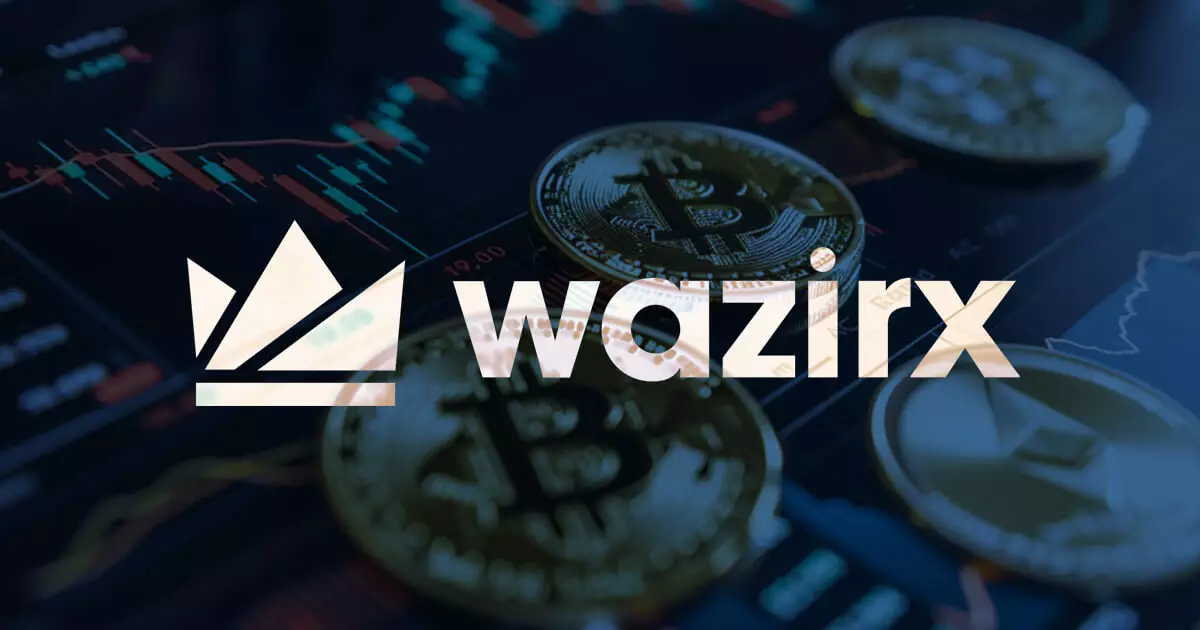The cryptocurrency landscape has been tumultuous, particularly for centralized exchanges, which have become notorious for vulnerabilities that expose users to significant risks. Among them, WazirX—a prominent Indian cryptocurrency platform—has faced unprecedented challenges, notably after a staggering breach in July 2024 that resulted in a loss of $235 million. Pursuing a path toward redemption and user safety, WazirX has announced its ambition to launch a decentralized exchange (DEX). This bold move not only aims to bolster security but also reflects a potential shift in how exchanges operate in an increasingly skeptical market.
The July hack, attributed to the notorious Lazarus Group, highlighted the immense risks faced by centralized platforms. Hackers exploited vulnerabilities within WazirX’s multi-signature wallet, siphoning off substantial funds and obscuring the transaction trail using privacy tools like Tornado Cash. The ramifications were profound, affecting hundreds of thousands of users and prompting an intense scrutiny of WazirX’s security measures. The breach was not merely a financial hit; it ignited a firestorm of distrust among users, who began questioning the safety of centralized exchanges.
In an increasingly decentralized world, the incident raised fundamental questions regarding counterparty risk. Traditional models often place significant trust in centralized entities, which can lead to a precarious situation for investors. As WazirX co-founder Nischal Shetty articulated, the forthcoming DEX promises to allow users full control over their assets, potentially alleviating fears tied to third-party vulnerabilities. This paradigm shift toward decentralization signals a growing recognition that users prefer autonomy over their holdings—a sentiment echoed throughout the crypto community.
In the fallout from the breach, WazirX faced intense backlash regarding its initial response strategy. The exchange enacted a controversial emergency recovery plan that froze 45% of user account balances, converting them to USDT, while allowing limited trading capabilities for the remaining 55%. As outrage mounted, many accused the exchange of “socializing losses,” indicating that users were unfairly penalized for the failure of the platform.
Reeling from this negative publicity, WazirX made a significant decision in August 2024, reversing its earlier stance by restoring all users’ balances to their pre-hack values and voiding transactions made post-breach. This move was perceived as an attempt to reestablish goodwill and fairness amid a tumultuous situation; however, it did little to quell the discontent brewing among users still grappling with the aftermath of the hack.
WazirX’s planned DEX is positioned as a solution rooted in the embrace of decentralization—a response to both the dire need for enhanced security and a broader trend within the cryptocurrency sector. With a token dedicated to governing transactions and enabling community participation, the DEX is set to promote user agency and transparency. Scheduled for rollout by early 2025, this phased approach to onboarding users reflects a strategic commitment to building infrastructure that prioritizes security and trust.
Industry experts view WazirX’s pivot towards a decentralized model as potentially pioneering within the context of exchanges. The move could not only restore faith among users but also encourage other platforms to reconsider their operations. As the market evolves and user skepticism mounts, centralized exchanges may find themselves at a crossroads, pressured to innovate and adapt to a model that prioritizes decentralization and, ultimately, user protection.
The recent challenges faced by WazirX epitomize a broader narrative in the cryptocurrency world; the rapid evolution of technology demands an equally dynamic response to security. By launching a DEX, WazirX is not merely attempting to restore its reputation, but also pushing for a future where users reclaim control over their assets. As the sector grapples with growing cybersecurity threats, this innovative approach could signify a pivotal moment for cryptocurrency exchanges, ushering in a new era focused on decentralization and user empowerment. The success of this venture could pave the way for a more secure and trustworthy environment for traders worldwide.


Leave a Reply